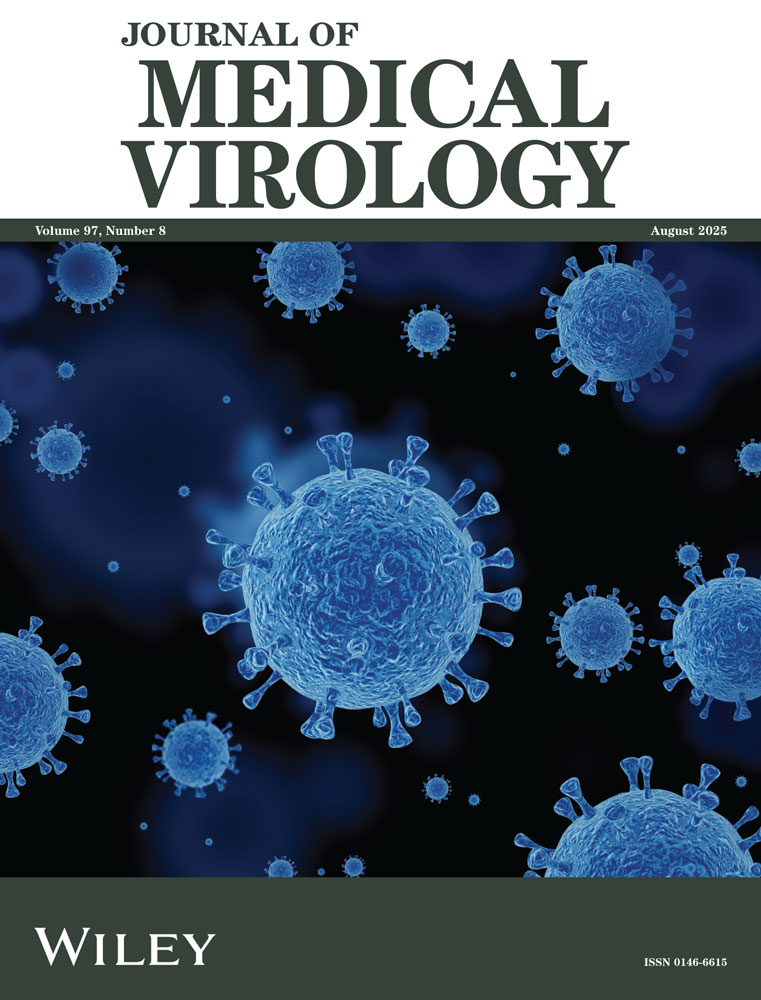Identification of hepatitis C virus genotype 6 in Korean patients by analysis of 5′ untranslated region using a matrix assisted laser desorption/ionization time of flight-based assay, restriction fragment mass polymorphism
Abstract
Previous surveys of the prevalence of hepatitis C virus (HCV) in Korea have identified types 1 and 2, but little has been said of other genotypes and viral subtypes. In this study, HCV genotypes in Korea were investigated using Restriction Fragment Mass Polymorphism (RFMP) assay, a sensitive and specific method for genotyping based on MALDI-TOF mass spectrometry. A total of 1,043 independent serum samples from HCV-infected patients were analyzed. Of interest, 15 subjects (1.4%) were determined to contain HCV genotype 6 and 46 subjects (4.4%) contained mixed genotypes with the most prevalent genotypes being HCV 1b and 2a/c (45.0% and 35.4%, respectively). The 15 subjects with HCV genotype 6 comprised eight cases of subtype 6c, including one case of mixed infection with 1b, three cases of HCV 6a, and six cases of unassigned subtypes. Sequencing corroborated the identity of genotype 6 from 13 subjects, while the line probe assay (LiPA) mis-identified them as genotype 1b. The majority (7/9) of the genotype 6 patients enrolled for interferon/ribavirin therapy, achieved a sustained virologic response. The ability of the RFMP assay to differentiate various HCV genotypes should enable better analysis of the relationship between HCV genotype and disease prognosis. J. Med. Virol. 80:1712–1719, 2008. © 2008 Wiley-Liss, Inc.




